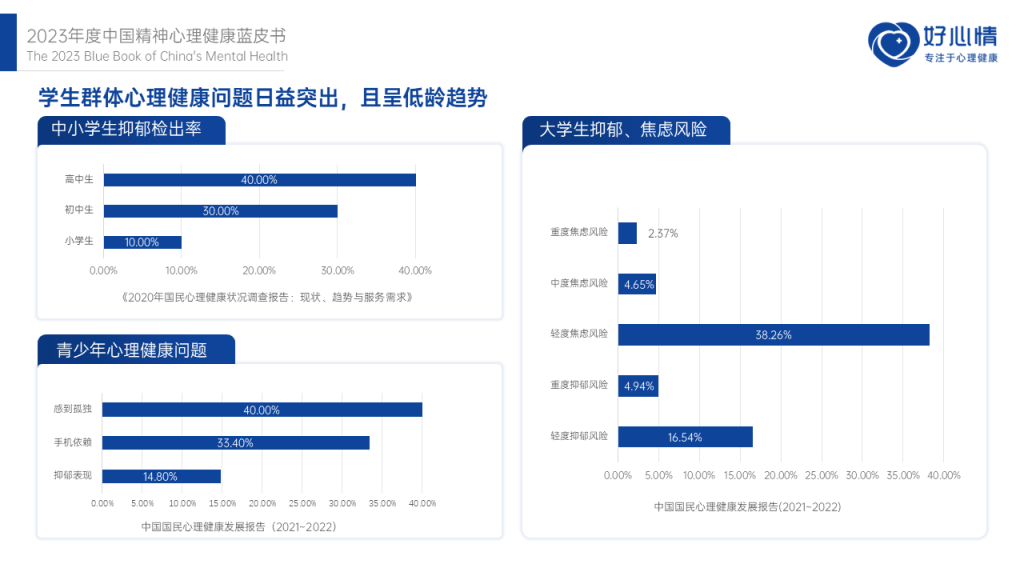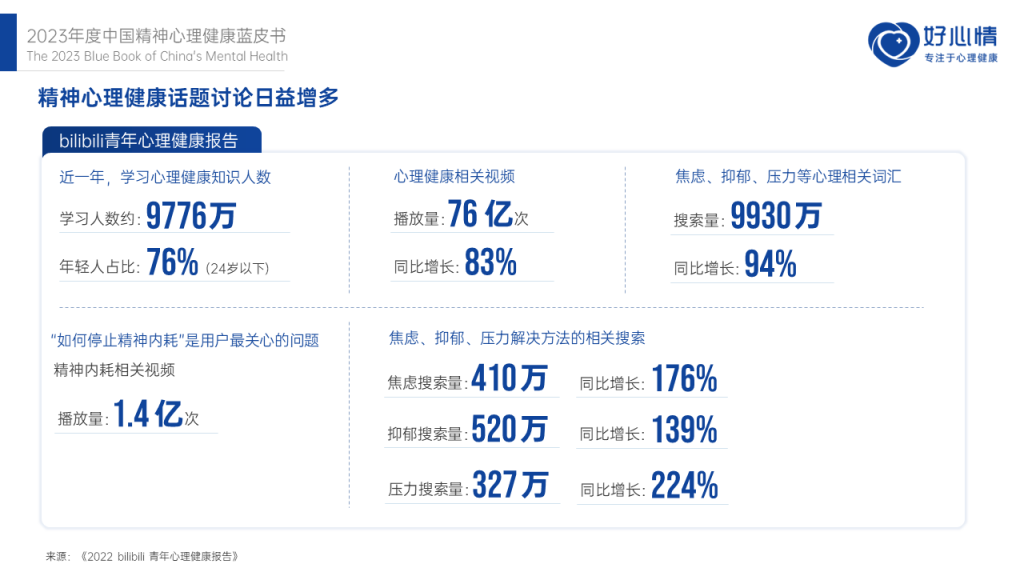This week I continued to collect volunteers’ social media usage for October. Except for Li, Dong, Yang. Y, and Yang. Z all effectively reduced. Li indicated that because of the demands of her work, the time spent increased unconsciously.
In my conversation with Yang. Y indicated that the beginning of her FOMO anxiety may have been in high school, where she had developed minor bipolar disorder due to the stress of studying and took a year off from school, which caused her to be a bit out of touch with her peers. When she got to college she went to NCEPU in Beijing, which is very far from her home in Lanxi, and because the new environment caused her to feel lonelier and she didn’t have any familiar people around her to talk to yet, she became more and more addicted to her mobile phone. She also said that since she was a child, she has spent all her time on her studies, and when she is not in school, she is in tuition classes. Even though she has learnt to play the piano and draw, these interests are arranged by her parents, and she has not had the time to discover her hobbies on her own. Because she was forbidden to use her mobile phone at school, she chose to play with it with a vengeance in her personal time. Lacking a sense of self-knowledge during the long period of arranged growth, she said, ‘After growing up in the Chinese education system you realise that your life is blank, your core is empty, you’re a hollow person, you don’t have anything you really like and don’t have anything you want to do (you had but it’s been stifled), and it takes a lot of time to teach yourself how to disconnect from eugenicism disassociate, and, most importantly, re-learn the skill that comes with life itself: how to be happy.’
On this occasion, I also contacted Yang. Y’s father, who used to be a secondary school teacher. As a parent, he said that he had not taken care of her emotions when she was growing up and that he was seldom with her because of his work. He said he felt helpless about the youth’s addiction to mobile phones because it is difficult for adults to break the habit of watching short videos, and it is even easier for young people who are not yet mature in their life experience and perspective to be addicted. And learning is hard and requires brains, while the contents of mobile phones are indoctrinated. As an elder, you can try to warn them, but you can’t control how they use their mobile phones and what kind of content they get on their phones.
This inspired me that the real cause of FOMO for Chinese students is not social media, mobile phone dependency is a result of anxiety, and the cause of anxiety is the loneliness and emptiness that come from an overstressed education system. This finding was important, it showed that the trust of the volunteers in me was increased and it was a breakthrough for me. So I conducted research on the education system and the psychological situation.
The 2023 Blue Book of China’s Mental Health shows that 33.4% of adolescent mental health problems are caused by mobile phone dependence, while only 9.5% of psychological problems are caused by mobile phone dependence. While only 9.5 per cent of psychological problems are diagnosed, suggesting that the majority of students’ psychological conditions are not receiving guidance from parents and schools. The majority of students’ psychological conditions are not receiving guidance from parents and schools.


There were also 99.3 million searches on social media for keywords such as anxiety, stress, etc. The PISA 2018 test results show that the average school study time for Chinese students is 31.8 hours per week, leaving students with less energy to cultivate a healthy lifestyle. Leaving students with less energy to cultivate their interests as they grow up.
Not only that, some primary and secondary school students are not even allowed to go out of the classroom to do activities or leave their seats at will, except for drinking water and going to the toilet during breaks between classes. Students‘ happiness is generally on the low side. According to the results of the test, Chinese students’ school belonging index is -0.19, and the average satisfaction score is 6.64, ranking 51st and 61st respectively among all the countries and regions that participated in the test.
I feel that there is really very little information in this area, that is, everyone defaults to the fact that Chinese students are under a lot of stress, but no one is looking into this matter, and no one has the power to change the education system. Although there is a lot of data for me to refer to, the information only provides some suggestions without implementing them, so there is very little information for me to draw on.
Reference
Chen, J. (2020). The Impact of Social Media on the Psychological Behavior of College Students and Its Countermeasures. Advances in Psychology, (2160-7281), pp.1–7. doi:https://doi.org/10.12677/ap.2024.148513.
Ma, F., Zhang, Q., Chen, M., Cui, J., Fu, X., Zhang, G., Wu, Z., Wang, Z. and Yu, M. (2023). The 2023 Blue Book of China’s Mental Health. [online] Haoxinqing.cn. Available at: https://www.haoxinqing.cn/article/detail31087.html.
The Paper (2019). Latest Results of International Student Assessment. [online] Thepaper.cn. Available at: https://www.thepaper.cn/newsDetail_forward_5142467.
Li, W. and Tao, S. (2003). The Relationship between Perceived Stress and Depression and Anxiety in College Students:The Effect of Social Support. Chinese Journal of Clinical Psychology, pp.108–110.
Xinhua Net (2023). Can’t Move around Freely except for Going to the toilet? [online] News.cn. Available at: http://www.news.cn/2023-10/31/c_1129950543.htm.
The Paper (2018). China’s Primary and Secondary School Students Spend Too Much Time studying, Extracurricular Tuition ‘Leads the World’. [online] Thepaper.cn. Available at: https://www.thepaper.cn/newsDetail_forward_2014612.